Aging has been a mystery for centuries but with advancements in artificial intelligence (AI) and medical technology, this ancient problem is being solved. Scientists are looking into how these tools can slow down, stop or even reverse aging process. These will not just lengthen our lives but also improve how well we live.Latest advancement in technology can be a boon to the society.Life threatening diseases can be treated easily.
Latest researches and advancement in field of medical science on reverse aging:-
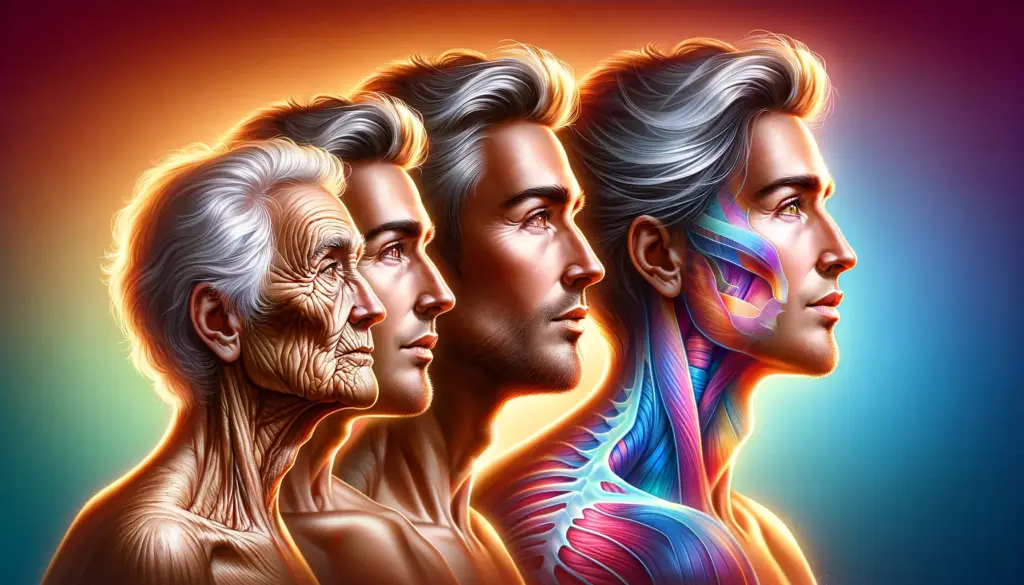
Researches done with the help of AI tools and latest technology is changing the convectional old age perception about aging and its reversal. Its ability to process big data has sped up progress in several areas:
Drug Discovery
AI is finding drugs that target aging mechanisms like cellular weakness and oxidative stress. This has made a huge leap in speeding up research, reducing time and cost to produce more result in a short period of time . For example, a study by Insilico Medicine found potential anti-aging compounds this shows in a fraction of the time it would take place of traditional methods.
Biomarker Detection:
AI algorithms analyze and sort biological data to find potential aging biomarkers. These biomarkers are key to early diagnosis of age related diseases and to measure treatment efficiency. Studies have shown that specific blood based biomarkers can predict biological age better than chronological age.
Predictive Modeling:
Machine learning models simulate how specific interventions will affect on aging. These predictions will help create personalized plans to slow down or reverse aging. For example, AI driven platforms like Deep Longevity are working on building tools to improve lifestyle and reccomend customized changes and therapies based on individual aging profiles.
Longevity Databases:
AI powered databases combine data from genetics, environment and lifestyle to help researchers find patterns in living populations. By analyzing data from centenarians, scientists are finding genetic and environmental factors that contribute to longevity.
Emerging Technologies
In addition to AI, other emerging technologies are opening up new avenues:
Nanotechnology
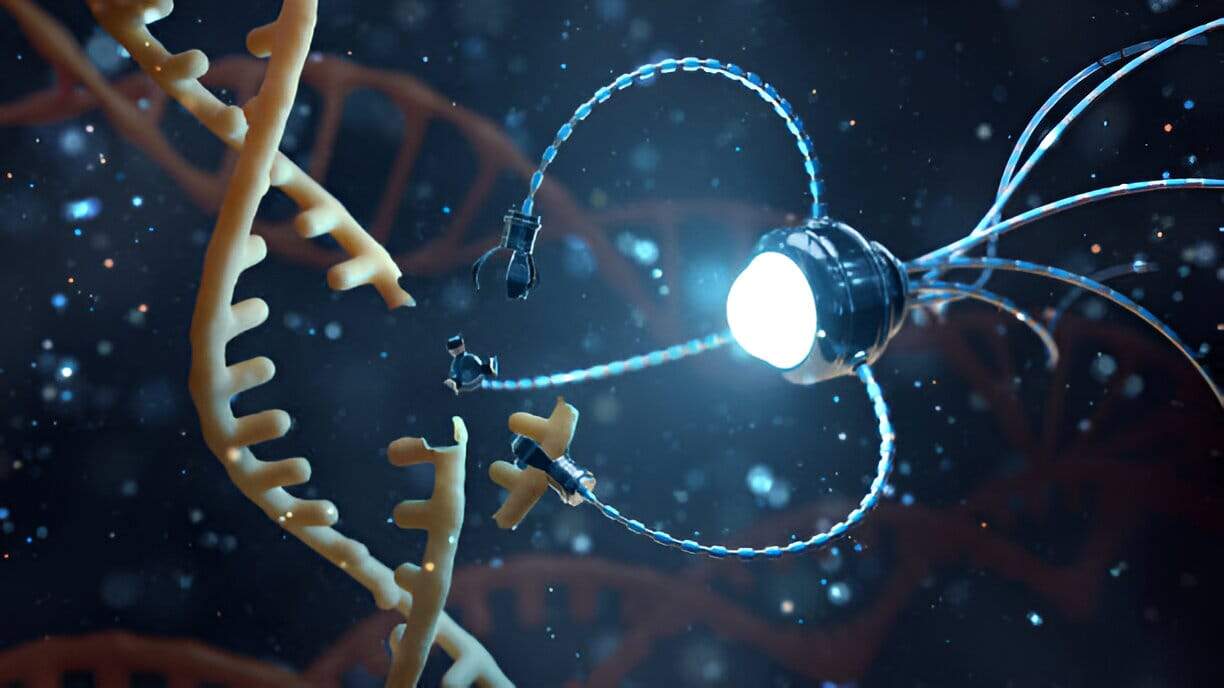
Microscopic nanobots are being developed to repair tissues,which remove bad cells and deliver precise treatments. These can target aging at the cellular level. For example, researchers at MIT are designing nanoparticles that deliver drugs directly to senescent cells, minimizing side effects and maximizing efficiency.
CRISPR and Gene Editing:
Gene editing tools like CRISPR are correcting mutations and enhancing protective genes. Scientists are using these tools to slow aging by fixing its genetic roots and correcting genetic mutations. In one study, researchers used CRISPR to fix a mutation that causes premature aging in mice and extended their lifespan by several years.
3D Bioprinting:
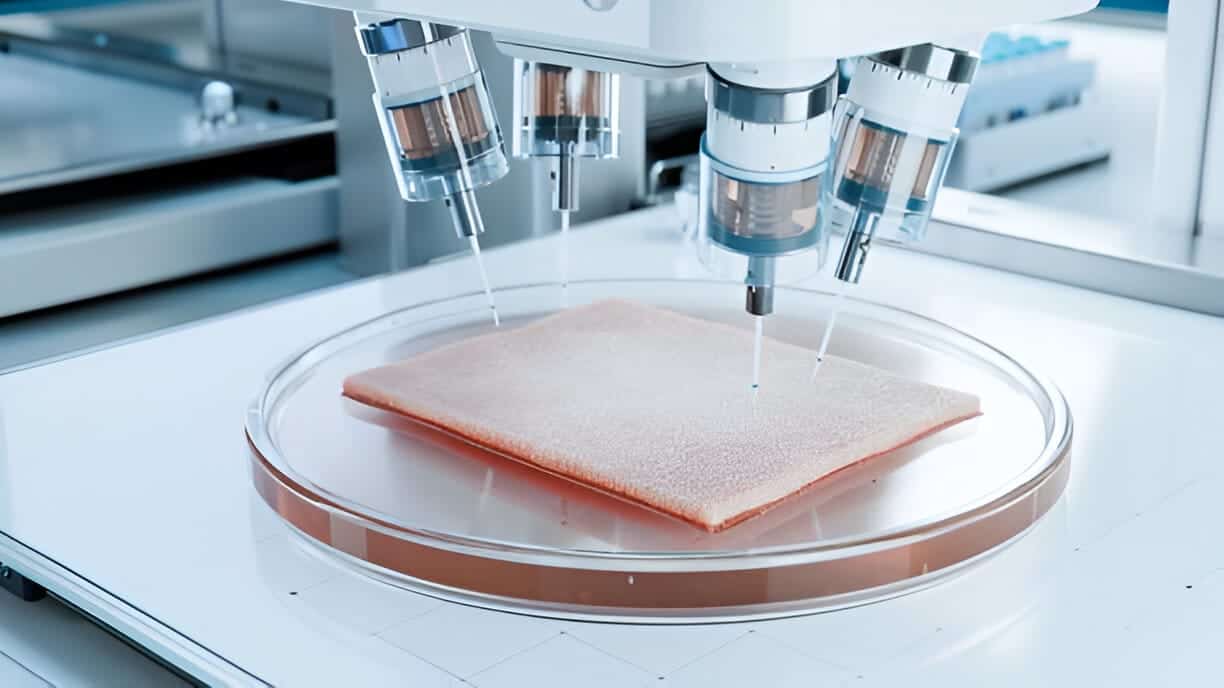
Tissues and organs can now be printed. Solutions for organ failure and tissue damage caused by aging. Organovo is bioprinting liver and kidney tissues for medical use.
Wearable Health Tech:

Real time health monitoring devices collect data to detect problems before and symptoms before any potiential risks. This data empowers you to make informed and customised lifestyle changes. Devices like the WHOOP band and Apple Watch track biomarkers like heart rate variability and oxygen levels so you can optimize your health and keep track of it.
Bioengineering and DNA Enhancement:
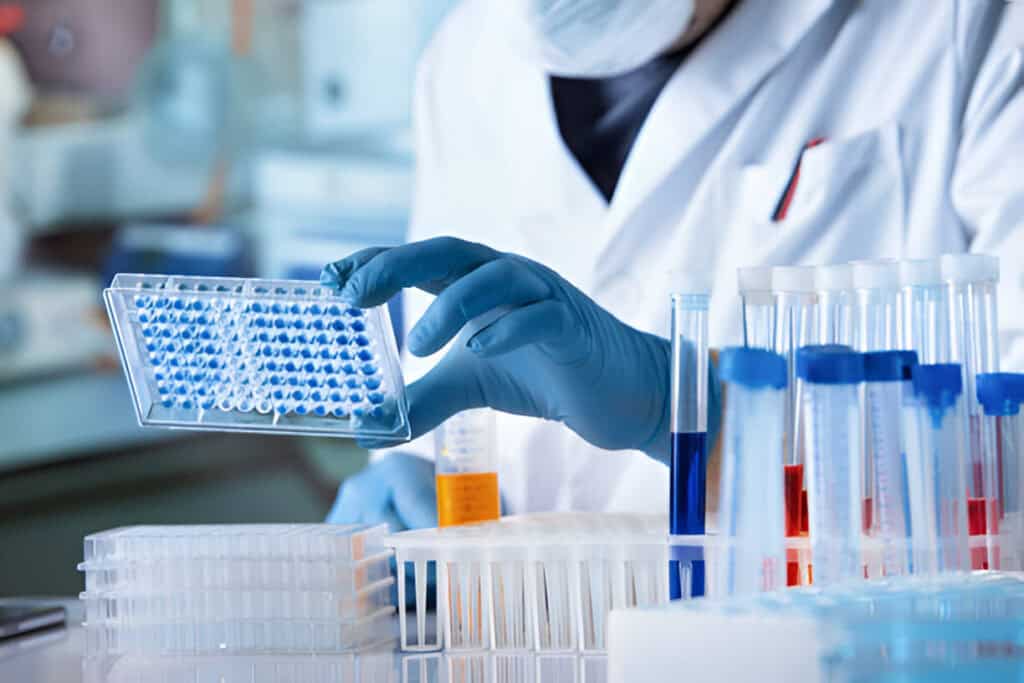
Bioengineering is improving DNA repair mechanisms and optimizing gene expression. This can tackle cellular aging by preventing DNA damage. Research into DNA methylation patterns is helping scientists understand and potentially reverse age related epigenetic changes.
Telomere Extension:
Scientists are working on ways to lengthen telomeres, the caps on the end of chromosomes that shorten with age. This could delay or reverse cellular aging. Telomerase based therapies have shown promise in preclinical studies extending the lifespan of lab animals.
AI and technology is going beyond just delaying aging.
Some promising approaches include:-
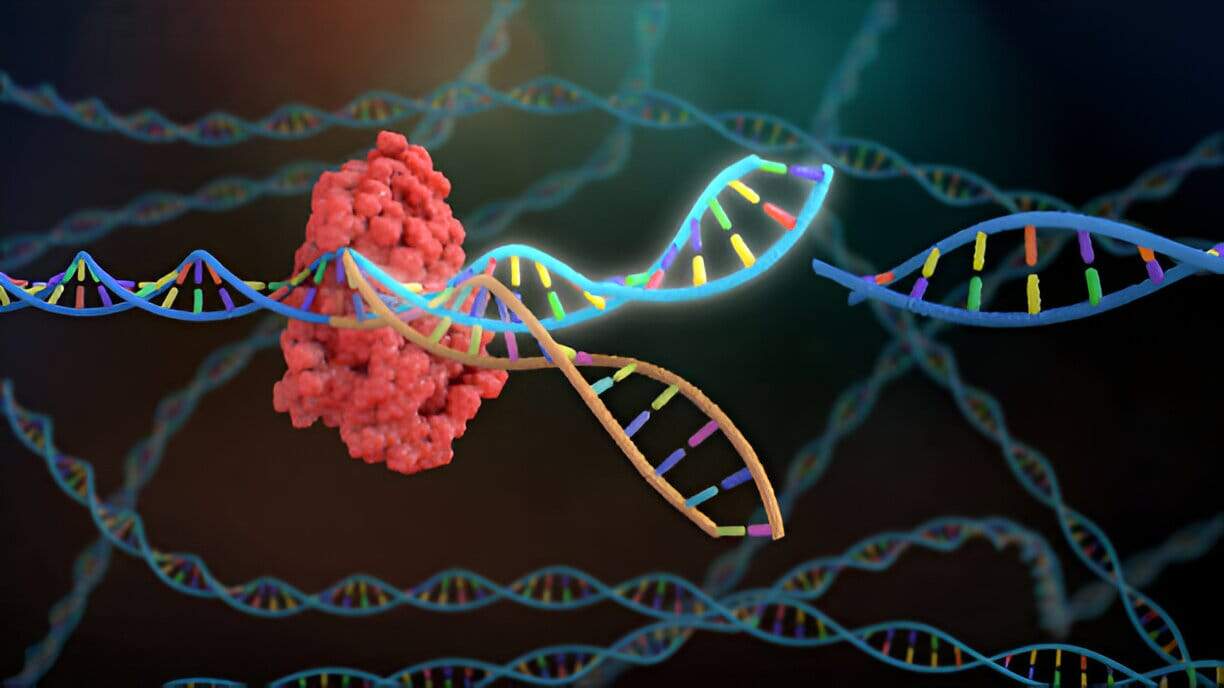
Epigenetic Reprogramming:
By resetting a cell’s “biological clock” researchers are trying to rejuvenate aging tissues. AI is helping to optimize this process for safety and efficacy. A recent study by Dr. David Sinclair’s team at Harvard Medical School showed that epigenetic reprogramming could restore vision in old mice.
Senolytics:
These drugs remove senescent cells which cause tissue damage and inflammation. Clearing these cells can restore function and healthspan. Unity Biotechnology company has been working on senolytic therapies in clinical trials for age related diseases.
Digital Twins:
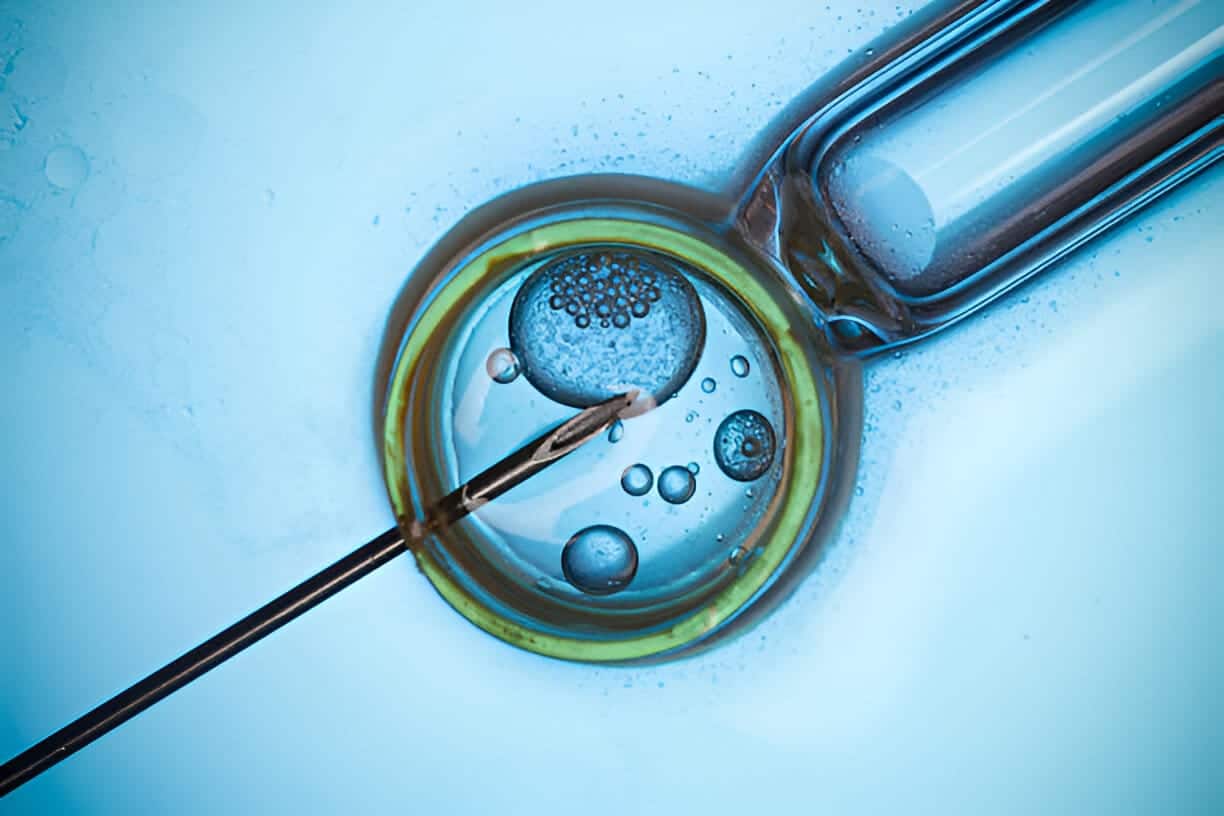
Virtual models of individuals created with AI simulate how treatments will work. This ensures personalized and effective interventions. Companies like Twin Health are using digital twins to manage chronic conditions, with applications in aging research.
Regenerative Medicine:
Stem cell therapies combined with gene editing to regenerate damaged tissues and organs. For example researchers at Stanford University have developed stem cell treatments that reverse cognitive decline in animal models.
Genetic Optimization:
Improvements to DNA sequences are increasing cellular resilience and slowing telomere shortening, both key to reducing aging. Gene therapies targeting the FOXO3 gene which is associated with longevity are in active development.
Artificial Organs:
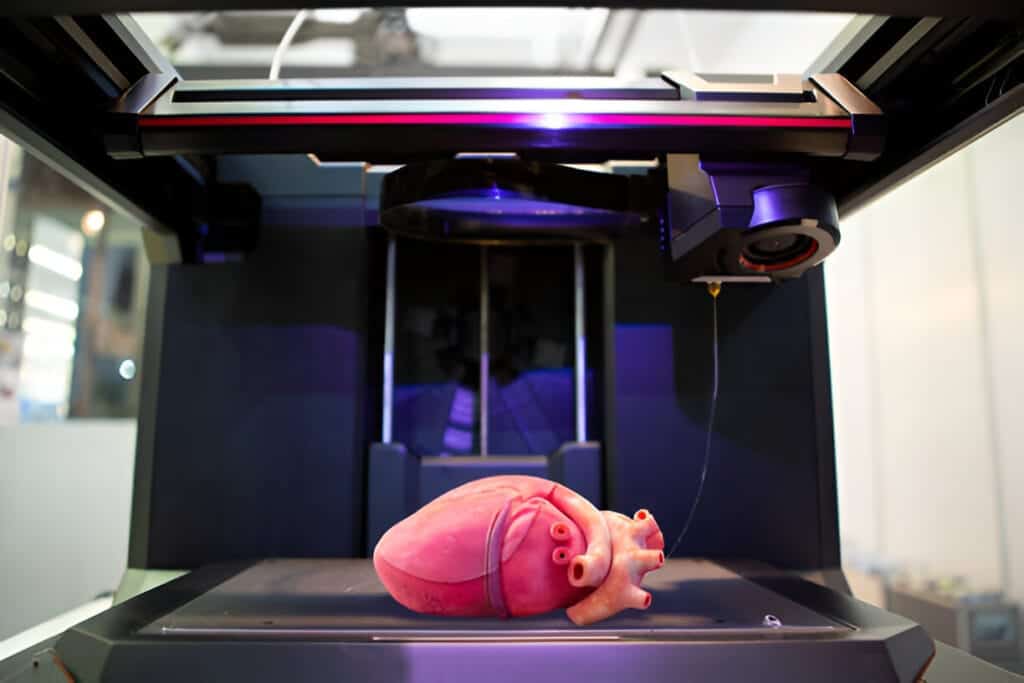
I and bioengineering is creating synthetic organs that function like natural ones. These can replace failing organs and restore vitality. The development of artificial kidneys by researchers at UCSF is one of the example of how technology can combat organ failure in crutial situations without any need of compatible donors.
Ethical Challenges and Societal Implications
These are great but what are the questions:
Accessibility: Will these be affordable and available to all or just the privileged few? For example Zolgensma is currently $2.1 million per treatment. How will we have equitable access?
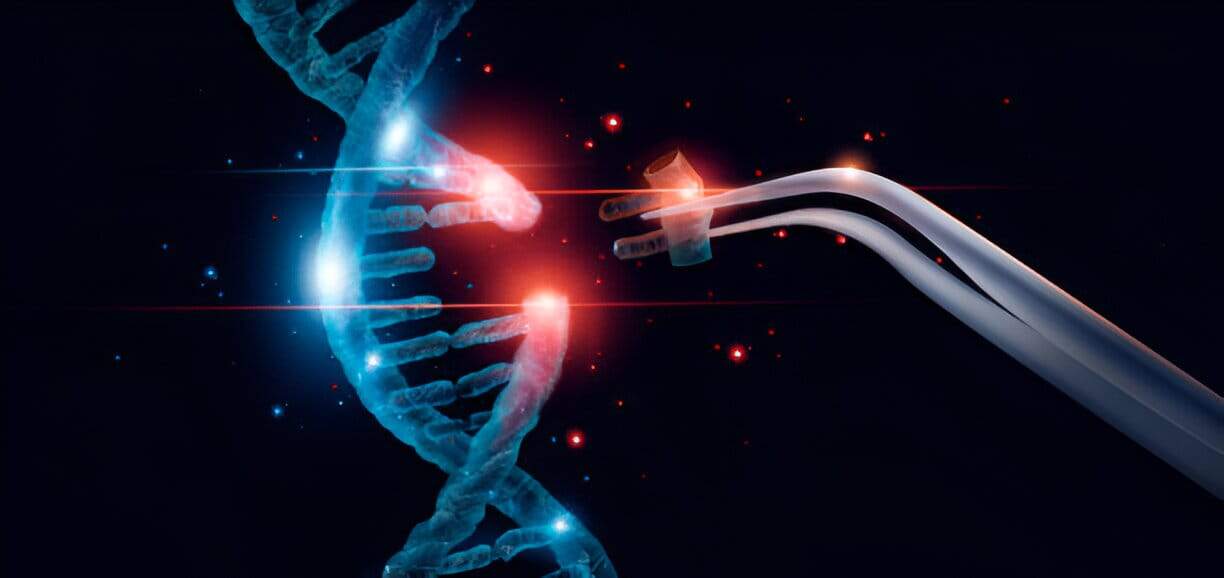
Population Growth:
: Extending life will put strain on resources and healthcare systems. How will society adapt to a longer living population? According to the UN the number of people 65 and older will double by 2050. We need sustainable solutions.
Redefining Life Stages:
A longer life will have a drastic change in a persons life like careers, retirement and family life. We don’t know how will society adapt to these changes ? Some experts say extended lifespans will create multi stage careers and lifelong education and a risk of population explosion .
Genetic Engineering Ethics:
Altering human DNA has risks. We need safeguards to prevent misuse like creating genetically modified humans for non-medical purposes. The CRISPR babies controversy in 2018 shows the ethical complexities of these technologies.
Case Study: Calico Labs

One example of the progress being made in age reversing research is by Calico Labs, a subsidiary of Alphabet Inc. Founded in 2013, Calico is focused on understanding the biology of aging and developing interventions to extend life. They work with top research institutions and use AI to analyze large datasets on genetics, epigenetics and cellular pathways. They have made significant discoveries including new insights into mitochondrial dysfunction in aging. By combining AI and biotech, Calico is opening up new therapies that will change how we age.
A Future of Possibility

AI and medical technology is creating a future where aging becomes a manageable condition. A world without age related diseases where vitality lasts for decades more than today. Families can spend more time together and individuals can pursue lifelong dreams without the constraints of aging.
Conclusion
Aging is no longer science fiction. AI and advanced medical technology is driving breakthroughs that will redefine aging as a treatable condition. These innovations offer hope for a future where aging doesn’t mean an end to the life or can hinder your life. To get there we need collaboration between scientists, ethicists and policymakers. The potential to change humanity’s relationship with aging is huge which will lead to healthier longer lives for all and with emerging technologies this can happen soon.
If you have any doubt related to this topic feel free to tell me your thoughts in the comment and also please share your thoughts on this topic that is age reversal a boon or curse for the planet and society?


